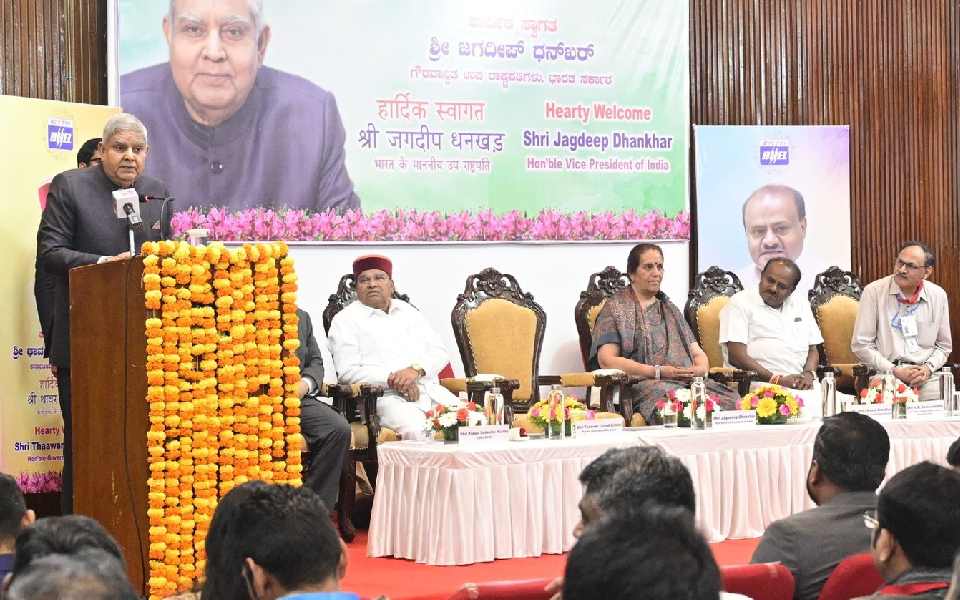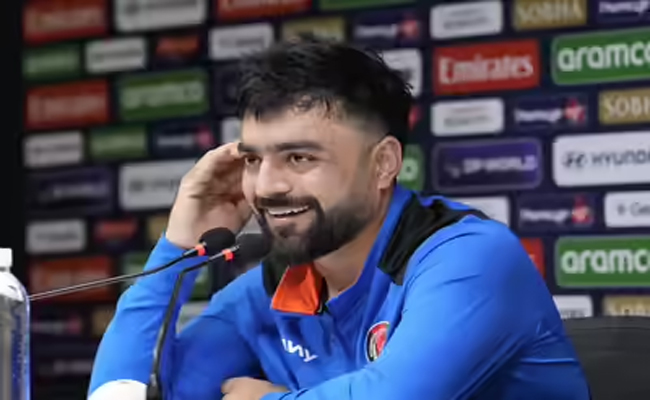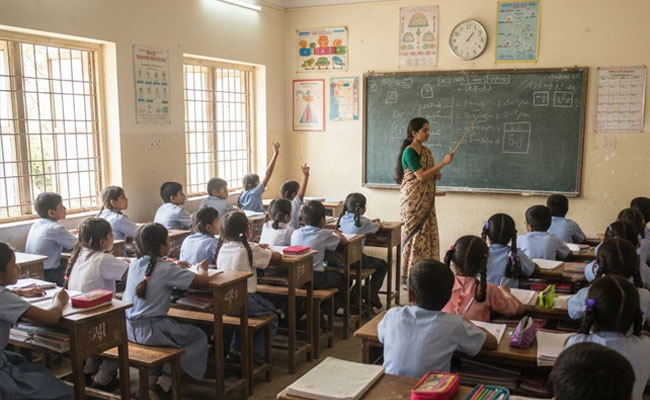Bengaluru, Jan 11: Vice President Jagdeep Dhankhar said on Saturday that extensions in service, in any form for a particular post is a setback to those who are in line.
Dhankhar was delivering the inaugural address at the 25th National Conference of Chairpersons of State Public Service Commission being held in Bengaluru.
According to him, extension of service indicates that some individuals are indispensable.
"Indispensability is a myth. Talent abounds in this country. No one is indispensable. And therefore, it lies in the domain of public service commissions at the state and the central level that when they have a role in such kinds of situations, they must be firm," added the VP.
He also said public service commissions' appointments cannot be driven by patronage, or by favouritism.
"We cannot have a public service commission Chairman or a member, wedded to a particular ideology or an individual. That will be undoing the essence and spirit of the framework of the constitution," said Dhankhar.
The Vice-President also frowned upon post-retirement recruitment and said it is antithetical to what was visualised by framers of the Constitution.
"In some states, it has been structured. Employees never retire, particularly those in the premium services. They get a number of ad-hoc nomenclatures. This is not good. Everyone in the country must have due and that due is defined by law," said the VP.
The VP also said fairness of selection has no meaning if paper leakages occur.
"Paper leakage has become an industry, a form of commerce. This is a menace that must be curbed," he added.
He commended the initiative the government has taken in this regard, with the Public Examinations (Prevention of Unfair Means) Bill, 2024.
The Vice President is also of the view that although it is "India's century", without a "calm political atmosphere" India will not really gain.
A vitiated political climate is far more dangerous than the climate change we are facing, he pointed out.
"Our polity at the moment is too divisive, too polarised. Interaction is not taking place at the premium level in political organisations."
The solution, according to him, is harmony in polity.
"Harmony is imperative. If there is no harmony in polity, if the polity is polarized, deeply divisive, with no communication channels functioning, imagine you are in an earthquake, you are lost and you have no connection with the outside world, things will be terrible for you," he added.
He also said for India to stand strong, we need strong institutions.
"Any institution, if it is weakened, the damage is to the entire nation. Weakening of an institution is like a prick on the body. The entire body will be in pain," said Dhankhar.
To build strong institutions, he added, states and Union governments must work in tandem.
"They must be in synergetic mode. They must be in sync with one another when it comes to national interest," said the VP.
Noting that discussion is deeply rooted in our civilizational ethos, the Vice President urged senior leadership for all political parties, irrespective of their ideologies, to "enhance dialogue, believe in consensus and always be ready for deliberation".
Karnataka Chief Minister Siddaramaiah, who was also present on the occasion, said Public Service Commissions are pillars of democracy, upholding meritocracy and fairness, and contributing immensely to governance.
"Karnataka has a rich history in public administration, starting with the Mysore Civil Services (MCS) examination initiated by Dewan Sir K Seshadri Iyer in 1892. This pioneering step set the foundation for a cadre of distinguished administrators, a legacy Karnataka continues to uphold with pride," he added.
He said tackling challenges such as paper leaks remains a top priority for Karnataka today. He also said learning from the best practices of other states and leveraging advanced technologies like artificial intelligence will make recruitment more transparent and corruption-free.
Karnataka Governor Thaawarchand Gehlot; Chairman of UPSC Preeti Sudan and Chairman of Karnataka Public Service Commission Shivashankarappa S Sahukar were among the dignitaries present on the occasion.
Let the Truth be known. If you read VB and like VB, please be a VB Supporter and Help us deliver the Truth to one and all.
Chennai (PTI): Afghanistan skipper Rashid Khan called for more bilateral series against stronger cricketing nations after his team signed off from the T20 World Cup on a high, defeating Canada in their final group match here on Thursday.
Afghanistan played some exhilarating cricket, going down to South Africa in a gripping second Super Over after the scores were tied, a humdinger that provided one of the early thrills of the World Cup.
However, the spin-bowling stalwart said Afghanistan could make significant strides if they get regular opportunities to compete against stronger cricketing nations.
"Couple of areas to improve, with the batting, the middle order got a bit stuck against the big teams, and then with the bowling the death overs. That comes when you play the bigger teams in bilateral series," said Rashid after his team defeat Canada by 82 runs, with him returning excellent figures of 2 for 19.
The stalwart said the side had arrived well prepared for the tournament and produced some breathtaking cricket, but admitted the narrow defeat to South Africa proved costly and remained a painful setback.
"We were well-prepared (for the tournament), we played some unbelievable cricket. The game against South Africa, that really hurt everyone. We had to win one of those (first two) games and see how the tournament unfolded. We'll take some positive things from this World Cup and look forward," he said.
With head coach Jonathan Trott set to part ways with the team, Rashid described the departure as an "emotional" moment for the side.
"I think we had some wonderful times with him. Where we are now, he played a main role. It's emotional to see him leave us, but that's how life is. We wish him all the best and somewhere down the line we see him again."
Ibrahim Zadran, who was named Player of the Match for his unbeaten 95 off 56 balls, said it was satisfying to finally register a substantial score after two below-par outings.
"I enjoyed it, didn't play better cricket in first two innings, which I expect. Wanted to back my skills, really enjoyed it. Pressure was there, it's there all the time. I want to put myself in pressure situations and enjoy it," said Zadran.
"Wanted to play positive cricket, rotate strike and punish bad ball, create partnerships and this is what I have done."





